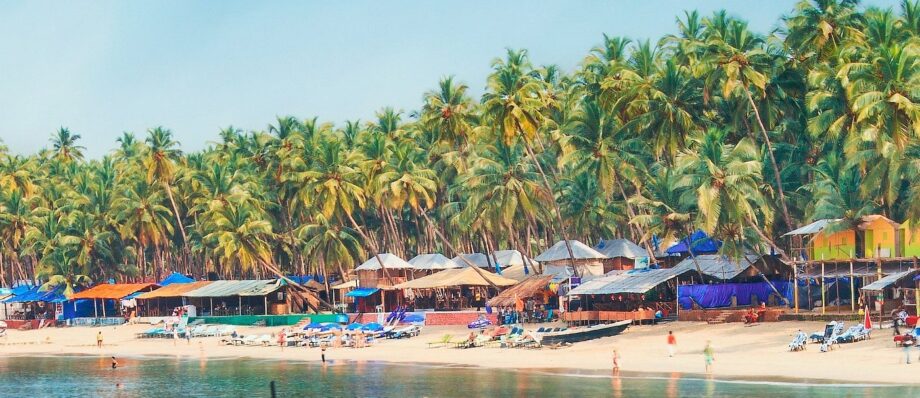Goa Unveils Mangrove Eco-Tourism Initiative with Sustainable Trails
Goa, India’s coastal gem, has launched an ambitious mangrove eco-tourism plan aimed at preserving its delicate ecosystems while offering visitors a unique, sustainable way to explore its natural beauty. Announced on World Environment Day, June 5, 2025, the initiative introduces zero motor access trails designed to immerse tourists in the state’s lush mangrove forests without disturbing their fragile balance. This move positions Goa as a leader in sustainable tourism, blending environmental conservation with economic opportunity.
Mangroves, often called the “guardians of the coast,” play a critical role in Goa’s ecosystem. These salt-tolerant trees protect shorelines from erosion, act as natural barriers against storms, and support a rich biodiversity, including fish, crabs, and migratory birds. Recent reports highlight that Goa’s mangrove cover has been under threat from urban development and unregulated tourism. To counter this, the state’s Environment Department has unveiled a comprehensive Khazan and Mangrove Management Plan, which includes regulated eco-tourism trails that prohibit motorized vehicles. By restricting access to footpaths and boardwalks, the initiative minimizes environmental impact while allowing visitors to experience these ecosystems up close.
The zero motor access trails are a cornerstone of the plan, designed to reduce noise pollution and prevent soil compaction that can harm mangrove roots. These trails, constructed with eco-friendly materials like wooden boardwalks, wind through key mangrove sites such as the Salim Ali Bird Sanctuary and the Cumbharjua Canal. Guided tours led by trained local naturalists will educate visitors about the ecological importance of mangroves and the species that thrive there. Experts emphasize that such low-impact tourism can foster greater public appreciation for conservation while providing income for local communities.
Goa’s push for eco-tourism comes at a time when the state is grappling with challenges in its tourism sector. Recent discussions on social media platforms like X have pointed to a decline in international visitors, attributed to factors like high costs and transportation issues. The state’s traditional tourism model, heavily reliant on beaches and nightlife, has faced criticism for environmental degradation. The mangrove initiative offers a fresh approach, appealing to eco-conscious travelers seeking authentic, nature-based experiences. Official statements indicate that the plan also aims to empower local communities, particularly fishermen and farmers in khazan lands, by involving them in tourism activities like guided tours and homestays.
To support this initiative, Goa launched a Coastal Regulation Zone (CRZ) portal on June 5, 2025, enhancing transparency in environmental permissions and monitoring. This digital platform allows stakeholders to track conservation efforts and ensures compliance with regulations protecting coastal ecosystems. The state’s Environment Department has collaborated with environmentalists and local leaders to map out trails that avoid sensitive breeding grounds and ensure minimal disturbance to wildlife. This careful planning reflects Goa’s commitment to balancing tourism with environmental sustainability.
The initiative has drawn praise from conservationists, who see it as a model for other coastal states. Mangroves sequester carbon at rates far higher than terrestrial forests, making them vital in the fight against climate change. By promoting eco-tourism, Goa not only protects these ecosystems but also positions itself as a destination for travelers prioritizing sustainability. However, challenges remain. Experts warn that strict enforcement of regulations will be crucial to prevent overcrowding or littering, which could undermine the initiative’s goals. Community involvement will also be key to ensuring that economic benefits reach local residents rather than external operators.
Goa’s mangrove eco-tourism plan marks a bold step toward redefining its tourism identity. By prioritizing sustainable trails and environmental stewardship, the state is carving out a niche in the growing global demand for green travel. As visitors walk the serene boardwalks, surrounded by the rustle of mangrove leaves and the calls of kingfishers, they’ll experience a side of Goa that’s both timeless and forward-thinking. With careful management, this initiative could set a benchmark for coastal conservation and sustainable tourism across India.


